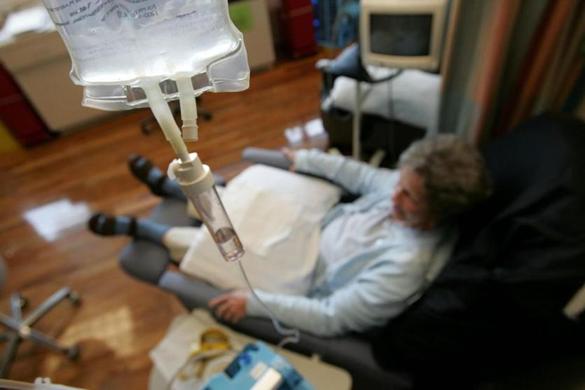Could a Neuroscientist Understand a Microprocessor?
A publication that shows that many approaches in neuroscience, when used naïvely, fall short of producing a meaningful understanding.
Send us a link
A publication that shows that many approaches in neuroscience, when used naïvely, fall short of producing a meaningful understanding.
Moonshots, road maps, frameworks and more are proliferating, but few can agree on what these names even mean.

The Trump administration has imposed a freeze on grants and contracts by the U.S. Environmental Protection Agency.
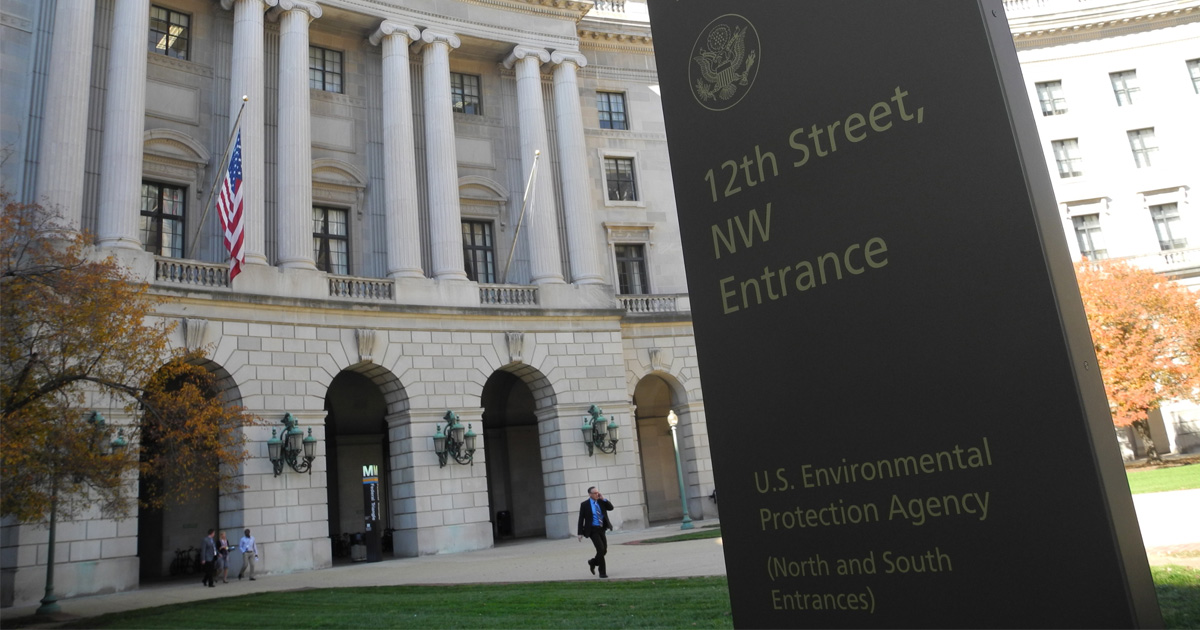
From immunotherapies to diagnostics, an expert panel outlines research goals for broad initiative.
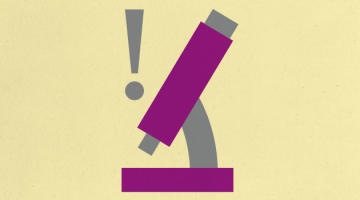
The Research Council of Norway will play a key role in implementing the cross-sectoral strategy that forms the basis for national investment in the bioeconomy.
A perspective by Kathy L. Hudson and Francis S. Collins on the 21st Century Cures Act.
Yesterday, President Obama signed the 21st Century Cures Act into law.
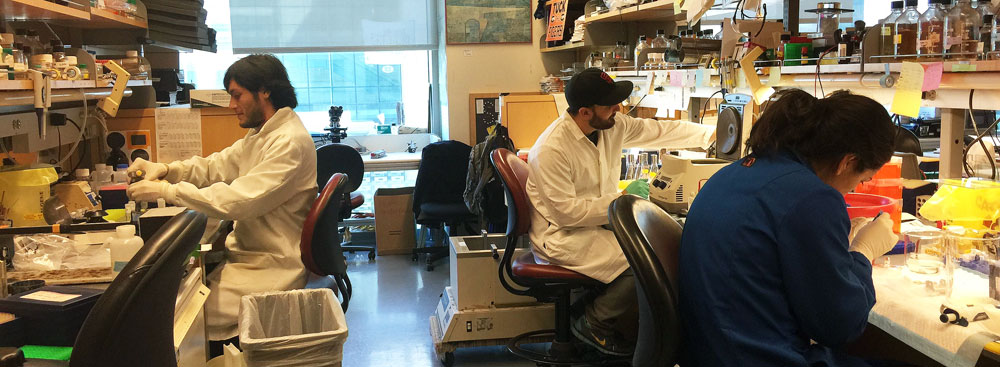
In 2013, we set out to build Mozilla's first open science program with support from the Alfred P. Sloan Foundation. Over three years later, we're pleased to announce a two-year award from the Sloan Foundation to further support that work in advancing openness, adoption and reproducibility in science.

World Health Organization asks research initiatives to focus on translating their findings into clinical benefits.

Chan Zuckerberg Initiative aims to have major impact by 2100.
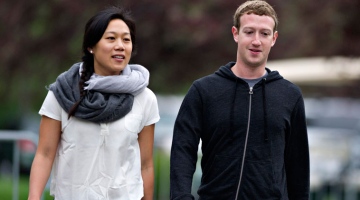
New report describes steps to double progress in 5 years
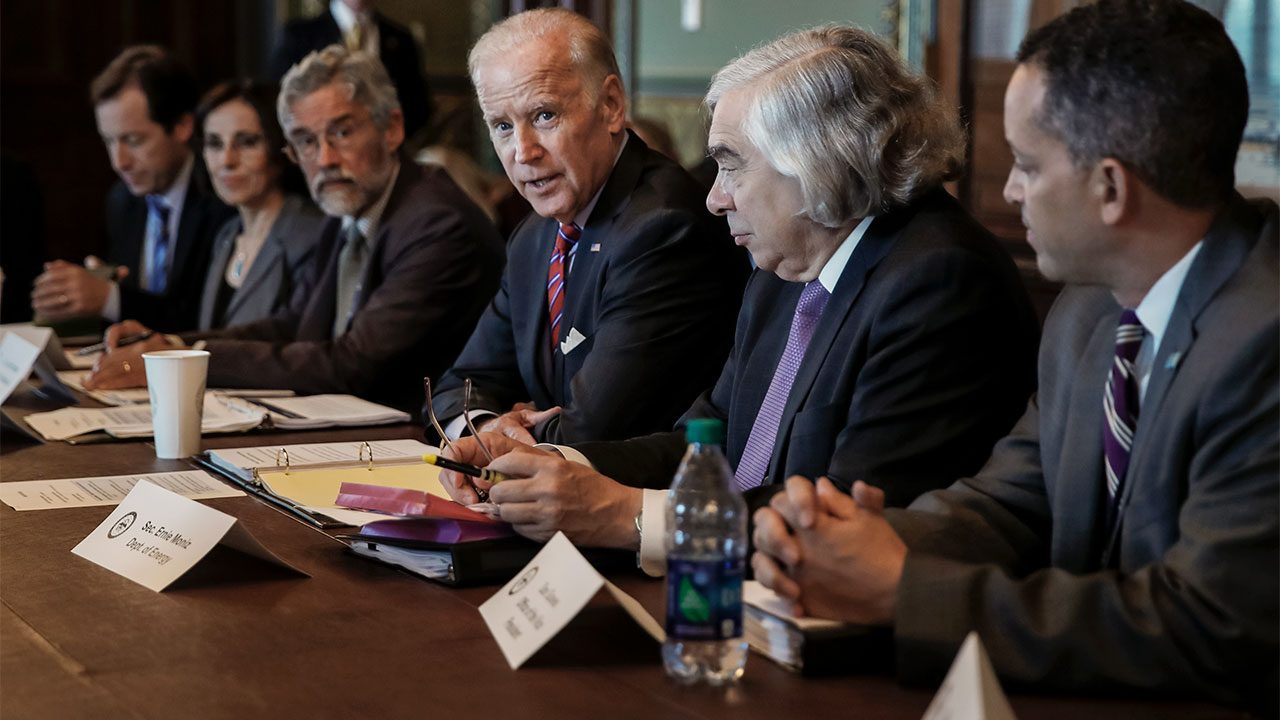
Biden announced a comprehensive plan for his Cancer Moonshot initiative, which seeks to achieve a decade’s worth of progress on cancer research in five years.
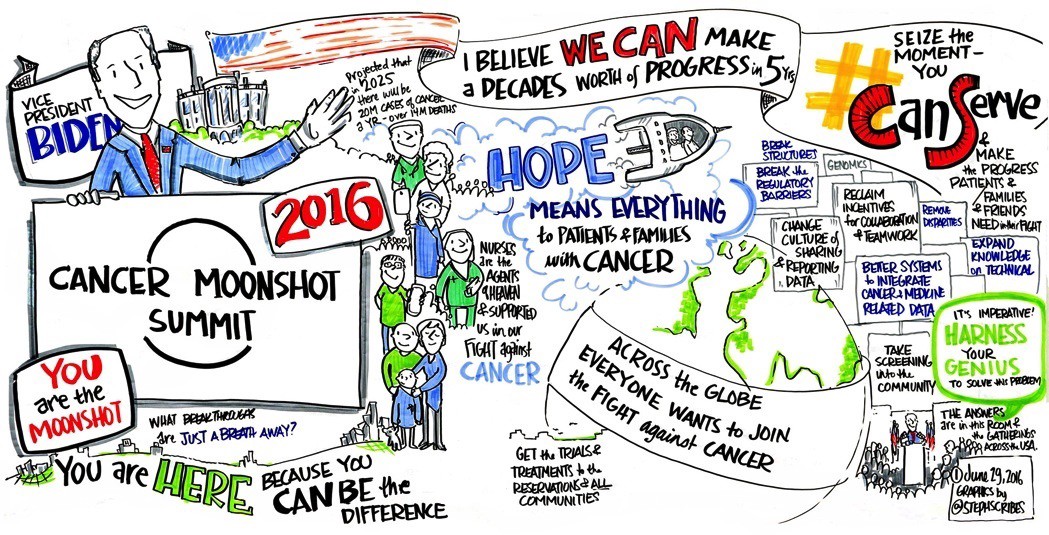
More than $300M in new STEM initiatives were announced at the White House Frontiers Conference.

President Obama Hosts Frontiers Conference, Focusing on the Potential of Science, Technology, and Innovation to Drive Prosperity and Address Challenges in Personal, Local, National, Global, and Interplanetary Frontiers for the Next 50 Years and Beyond.
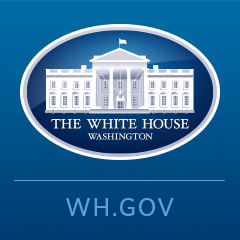
Worries include how to coordinate research programmes and resources from different countries.
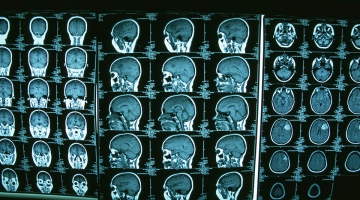
Open Knowledge International is delighted to announce the launch of the public preview beta version of OpenTrials at a panel session on ‘Fostering Open Science in Global Health’.
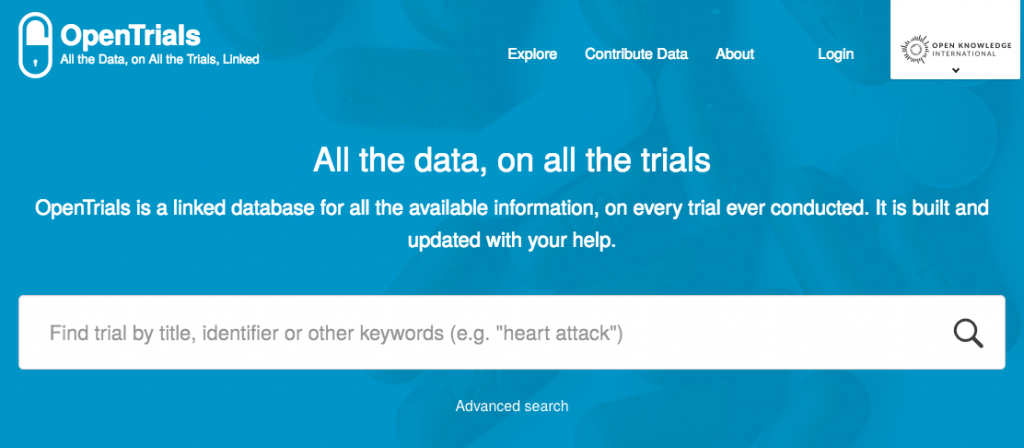
Last week, Priscilla Chan and Mark Zuckerberg announced their new philanthropic initiative with the goal of “curing, preventing, and managing all diseases by the end of the century.” This may raise some eyebrows, but this effort—part of the $45 billion Chan Zuckerberg Initiative—joins forces with other philanthropists to push the envelope and support audacious ideas, with long-term commitments, to solve some of our greatest challenges.

For the head of AstraZeneca’s genomics initiative, the challenge is not just getting the sequences, but in putting them to use — wisely.
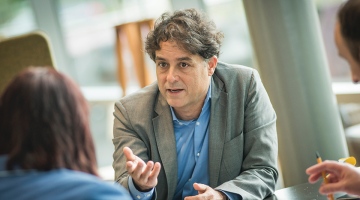
If Zuckerberg and Chan want to get some bang for their buck, they’ll need to break down the structures that hold brilliant young scientists back

Mark Zuckerberg and Priscilla Chan plan to invest $3bn over next decade to help scientists develop and utilise tools such as artificial intelligence and blood monitors to treat illnesses

Organizers of national neuroscience projects meet to coordinate goals.
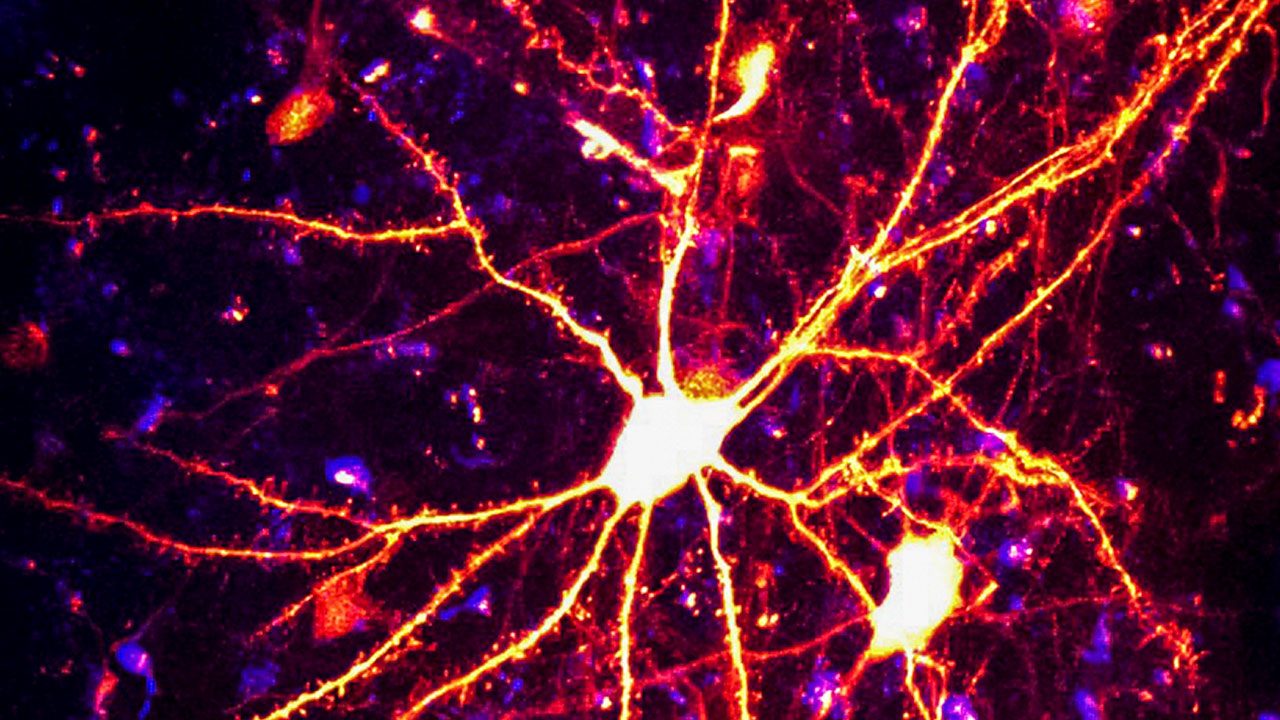
Etalia, Simiary and Writefull, three companies aiming to disrupt the academic space, are the latest recipients of the Catalyst Grant award for innovative startups.

This week, the first of 1500 researchers and support staff begin moving into the largest biomedical research building in Europe, the £650 million Francis Crick Institute in London.
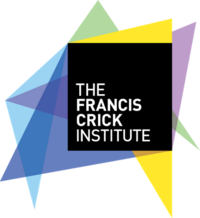
OpenTrials will officially launch its beta on Monday 10th October 2016 at the World Health Summit in Berlin.

Ambitious bids in the US to map the brain and cure cancer have not boosted overall research funding.
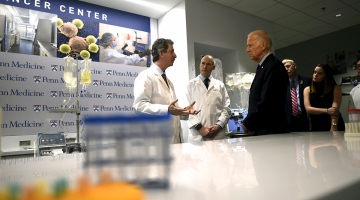
Beate El-Chichakli and colleagues outline principles for coordinating bio-based industries to achieve many of the sustainable development goals.

As the trade of personal health and medical data expands, it becomes necessary to improve legal frameworks for protecting patient anonymity, handling consent and ensuring the quality of data
Greenpeace accepts climate science. So why do they dismiss the science around GMOs?

Multimillion dollar initiative prioritizes drug development over discovery of new molecules.

As science and technology have advanced, it’s become possible to make it personalized as well, giving us the tools to better understand, prevent, and treat everyone’s individual health needs, writes Obama.
